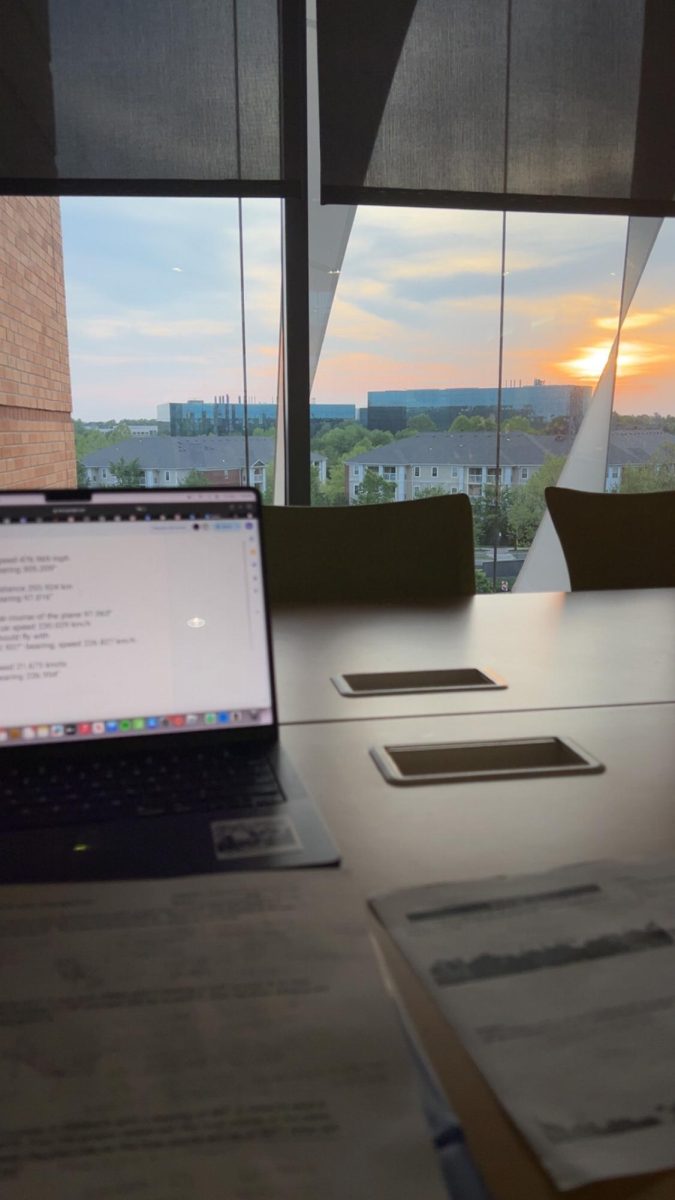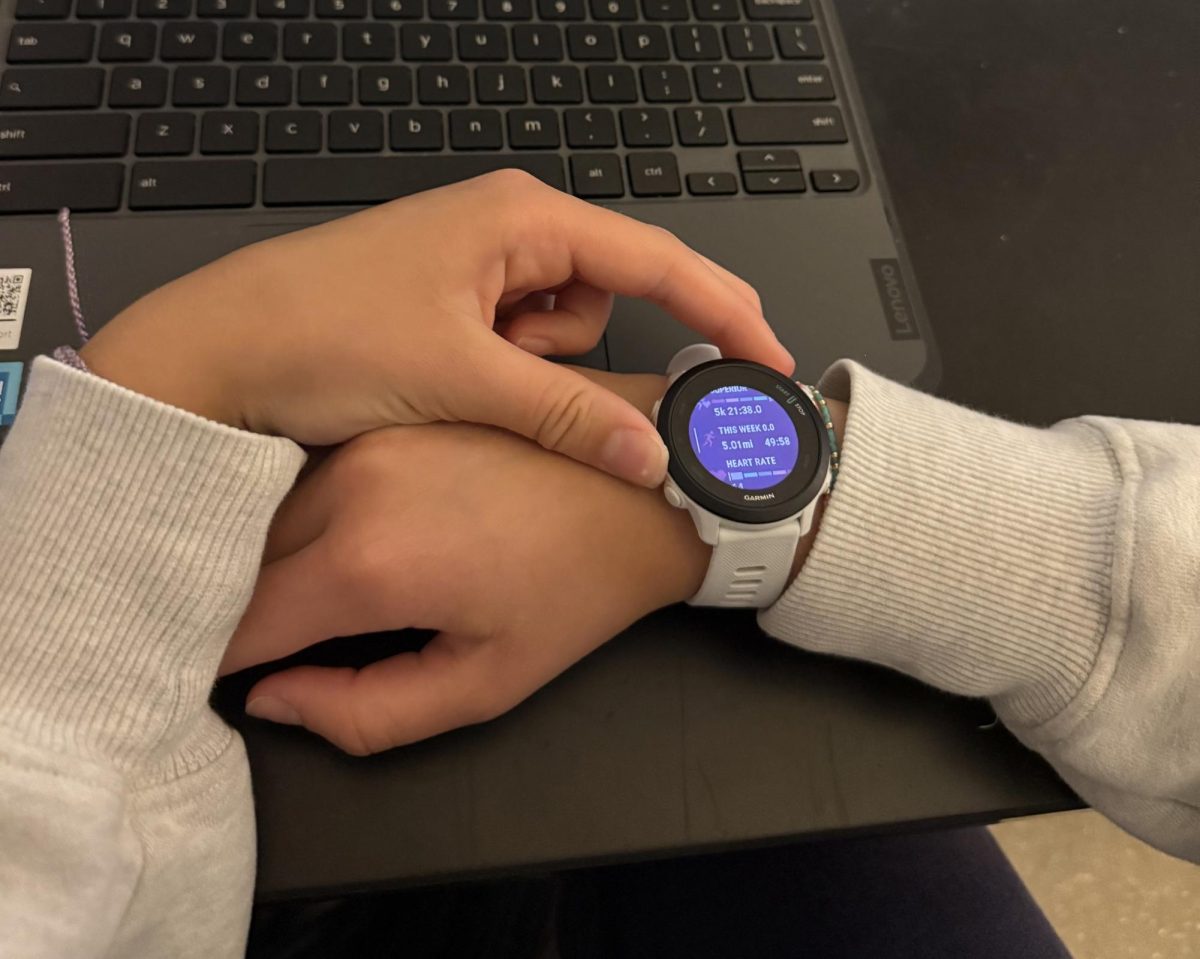Nothing is worse than getting back a surprise grade and wondering how it happened. After all the hard work of studying, not being able to see how you could have improved is a major flaw in the learning process.
Education is all about learning from mistakes. Mistakes on homework help you prepare for quizzes, mistakes on quizzes help you prepare for tests, and mistakes on tests prepare you for higher exams, like progress checks. So why should this big test lead to nothing more than a blind score? “I wish the progress checks were returned,” senior Eric Quam said. “It’s hard to improve when you have no idea what happened.”
The fundamental purpose of going to school and studying is so that one can learn material to better themselves not just when they go to take a test, but throughout their life. Testing can motivate a student to bring forth their best effort, and a key element of any test is getting results back, when a student can learn the most about their understanding of a subject. According to MCPS policy, “Students and parents/guardians will be informed about progress throughout the grading period, and teachers are strongly encouraged to provide such information at frequent regular intervals. Progress will be reported formally at least every nine weeks.”
When the county designs a test that will never be able to be reviewed by students, they show that the further understanding of material that a test revision can offer students is not important to them. “I always remember things I got wrong on quizzes when I’m taking unit tests,” sophomore Brett Strauss said. “Getting the quizzes back tells me what I need to fix.”
While studying effectively will give students the best chance of retaining material, giving students a look at what they did wrong increases the likelihood they will be able to correct their mistakes in the future. According to science communicator Derek Muller, people are more likely to remember information when they are given corrections to incorrect material rather than if they are only given correct information. “When you present something, the student thinks they already know it and they don’t really pay utmost attention,” Muller said. “They don’t realize that what’s being presented differs from their prior knowledge and they just get more confident in those things that they were thinking beforehand, so actually a clear expository summary is worse than no instruction at all.”
Cheating is one issue that could be problematic when progress checks are given back to students for review. However, any student confident in their answers could still remember them from when they were taking the test, so giving answers back for a quick review would not drastically change the difficulty of cheating. As long as students are not allowed to take their tests home or have their phones to take pictures—like they would during a test—the difficulty of cheating is not significantly reduced by the tests not being returned. According to Chief MCPS Academic Officer Dr. Maria V. Navarro, “The intention of returning graded work is to promote transparency in assessment and provide individual feedback; however, this must be balanced with maintaining the security of assessment items.”
7 of 9 editorial board members agree







